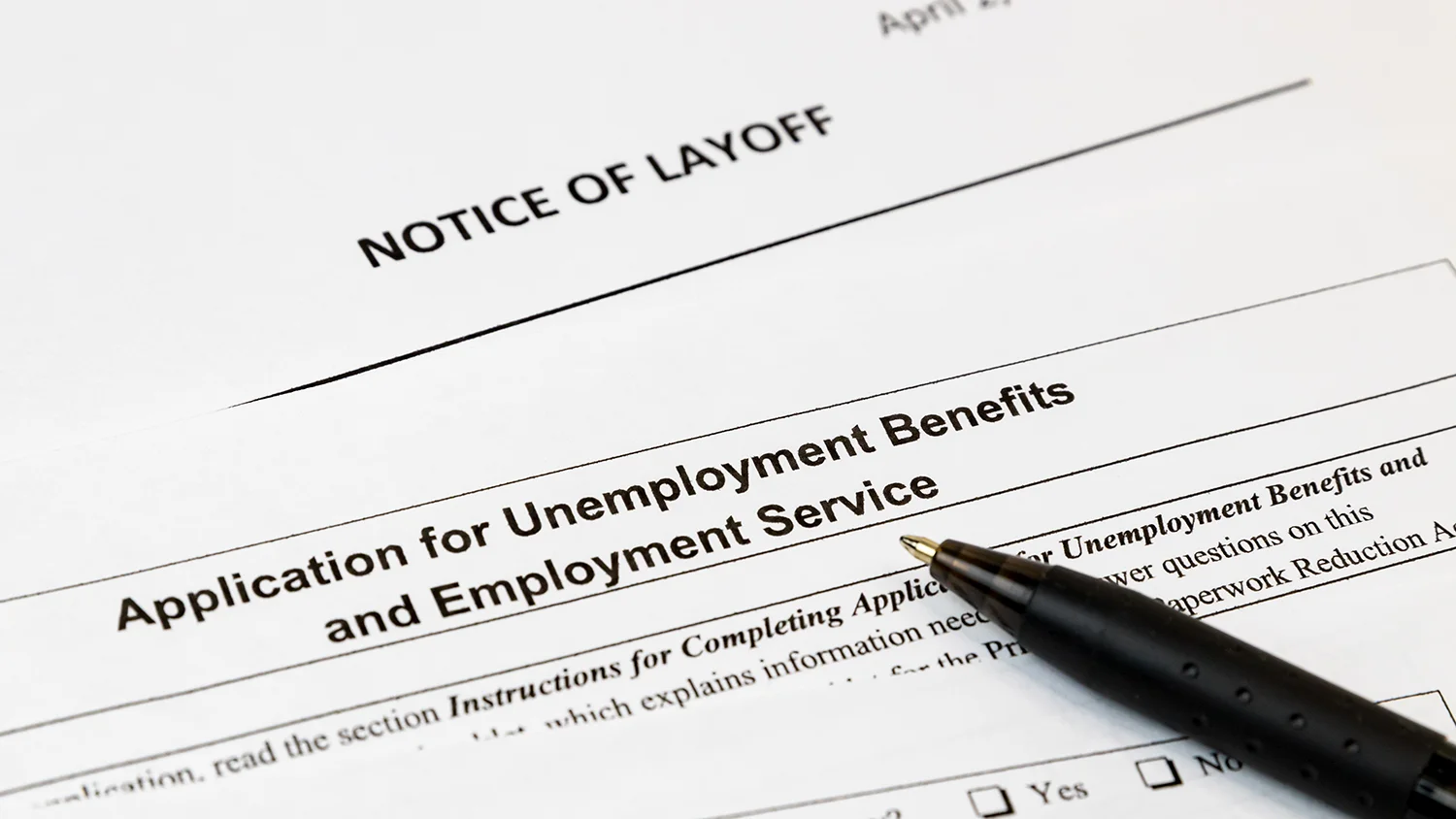Wage Claims Against Employers and Managers
Who can be sued for unpaid overtime and/or minimum wages?
Well, this may surprise you because under the FLSA, you can actually sue a lot of people – and managers should beware – because it is easy to become an “employer,” even though a person owns none of the business for which the employee works!
A person is an “employer” (and thus can be sued) for FLSA liability purposes if the judge/jury finds that that person 1) “exercised control over the business,” and 2) oversaw “financial and employment affairs of the company.”
Everything is done on a case by case basis.
For example, if a manager was at a restaurant six days a week supervising employees including the plaintiff, he is very much at risk. If that person hired and fired employees and determined the company’s policies including how the employees could be be paid (including overtime) that “manager” may be sued as an employer. Perez v. Palermo Seafood, Inc., 548 F. Supp. 2d 1340
There you have it – even a MANAGER can be sued. So, if you are a manager of a company, and you think there are violations of hour and wage laws, you’d be wise to fix the problem or leave immediately, or you could be sued right along with the company you work for!






